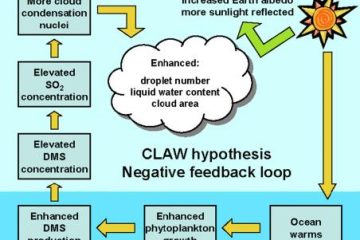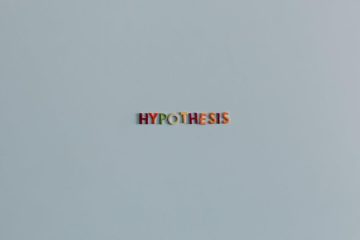Gaia hypothesis
gaia hypothesis treats earth
The Gaia Hypothesis envisions Earth as a living entity, where biospheres and ecosystems interact symbiotically, akin to organs in a body. This perspective fosters a holistic view of planetary health and ecological interdependence.







